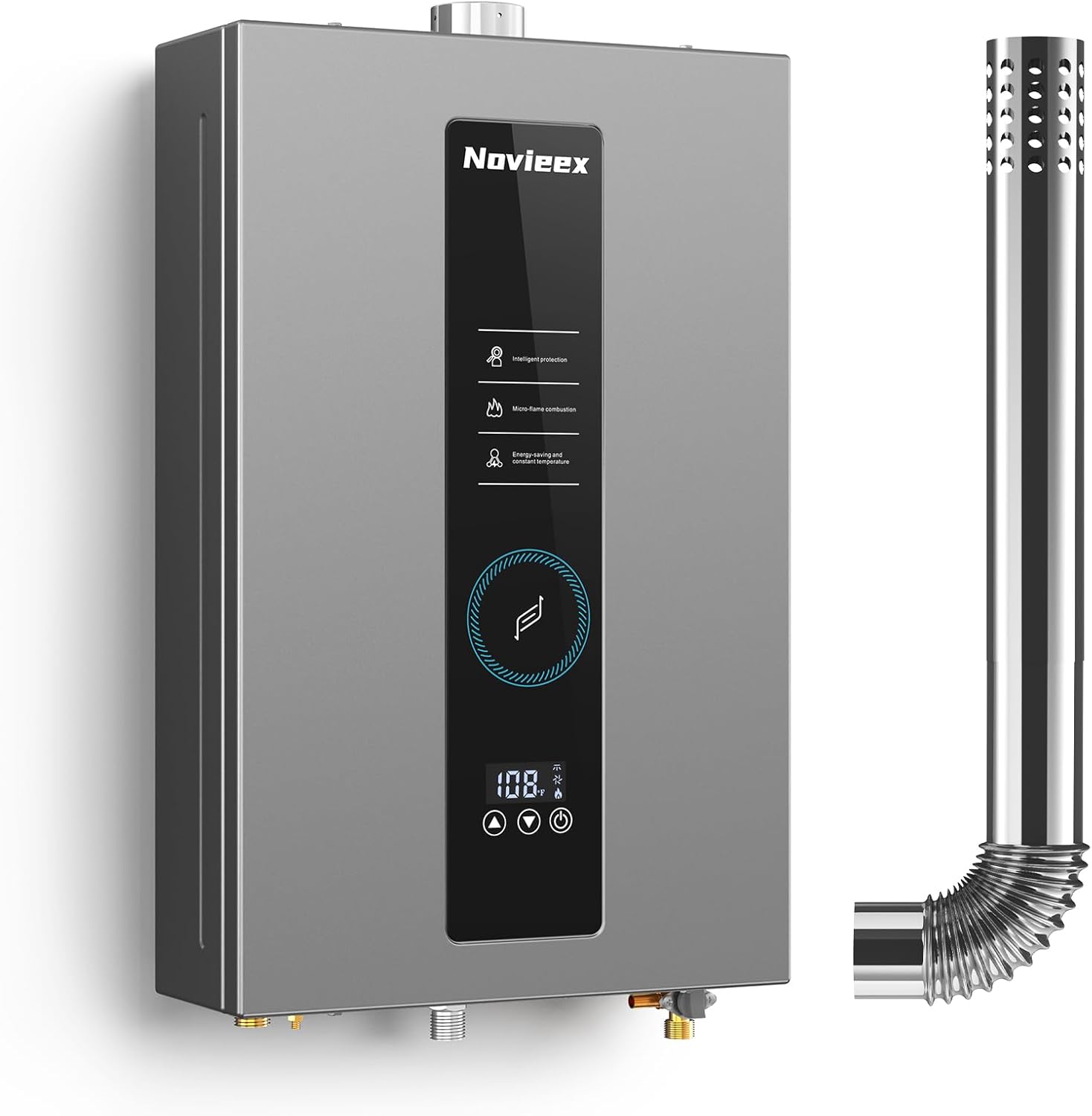Oil-fired boilers offer high efficiency, reliable heating, and quick response times, making them ideal for residential and commercial heating needs.
Oil fired boilers remain a popular heating choice for homeowners, especially in regions without natural gas infrastructure. These systems offer unique benefits that make them a smart investment for efficient, reliable home heating.

1. Superior Energy Efficiency
Modern oil boilers achieve impressive efficiency ratings between 84-87%, outperforming many older heating systems. High-efficiency models like the Weil-McLain oil boilers can reach up to 87% AFUE (Annual Fuel Utilization Efficiency).
How Efficiency Translates to Savings
- Lower fuel consumption than older oil boilers
- Reduced annual heating costs
- Less frequent fuel deliveries needed

2. Powerful Heat Output
Oil produces more heat per gallon than other fuels – about 138,500 BTUs per gallon compared to propane’s 91,500 BTUs. This makes oil boilers ideal for:
| Application | Benefit |
|---|---|
| Large homes | Consistent heat in all rooms |
| Colder climates | Maintains warmth in extreme cold |
| Older buildings | Compensates for poor insulation |
3. Fuel Flexibility and Availability
Unlike natural gas which requires pipeline infrastructure, oil can be delivered anywhere. Modern systems can use biodiesel blends, reducing environmental impact. According to U.S. Department of Energy, biodiesel blends produce less pollution than pure heating oil.
4. Long Equipment Lifespan
Properly maintained oil boilers typically last 15-30 years – significantly longer than many gas systems. The durable construction of brands like Burnham oil boilers contributes to this longevity.
5. Advanced Control Options
Modern oil boilers feature sophisticated controls that optimize performance:
- Outdoor reset controls adjust water temperature based on weather
- Flame retention burners improve combustion efficiency
- Smart thermostats allow remote monitoring and control
6. Excellent Safety Record
Oil boilers are inherently safer than gas systems because:
- Heating oil doesn’t explode or produce carbon monoxide when unburned
- Oil is stored in tanks rather than piped under pressure
- Modern systems have multiple safety shutoff features
7. Easy Maintenance and Service
Annual maintenance is straightforward for qualified technicians. Key service items include:
- Nozzle and filter replacement
- Combustion chamber inspection
- Flue gas analysis
- Pump and motor lubrication
8. Retrofit and Upgrade Potential
Existing oil systems can be upgraded with efficiency-boosting components like:
- Vent dampers (5% fuel savings)
- Flame retention burners (10-15% more efficient)
- Modulating aquastats (10% savings)
9. Stable Fuel Prices
While oil prices fluctuate, they’re less volatile than natural gas in many markets. Homeowners can take advantage of:
- Pre-buy contracts for price stability
- Budget payment plans
- Off-season fill discounts
10. Domestic Energy Source
Most heating oil is produced in North America, reducing dependence on foreign energy. According to the U.S. Energy Information Administration, about 90% of heating oil used in the U.S. is refined domestically.

